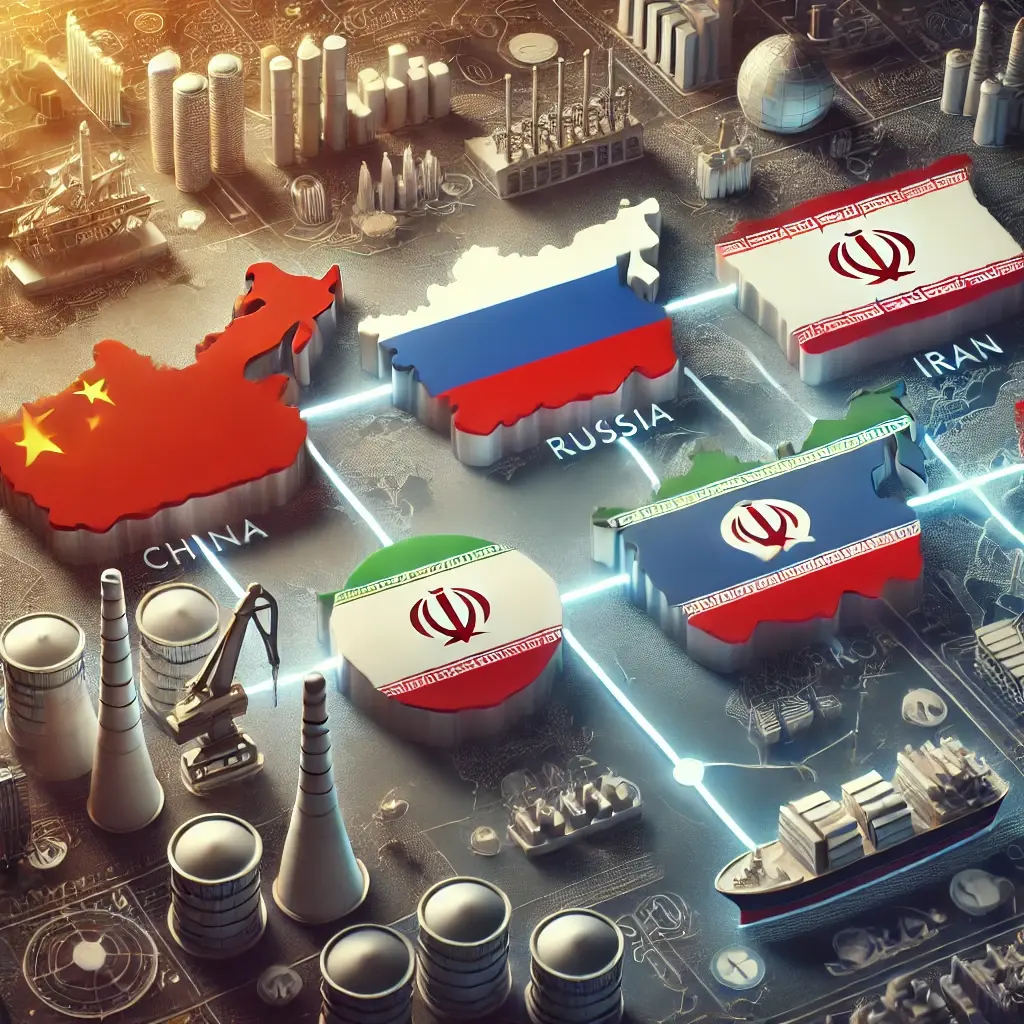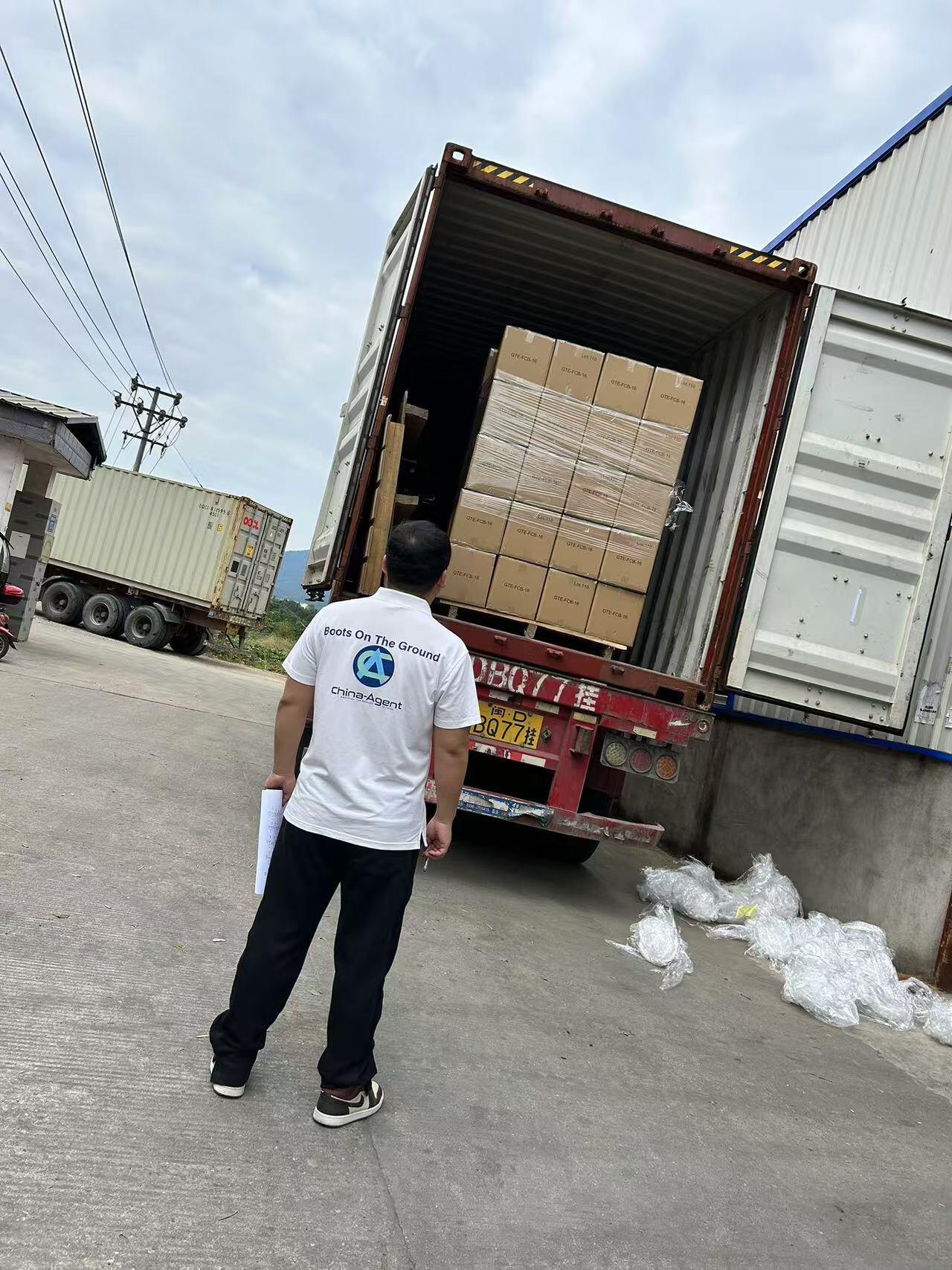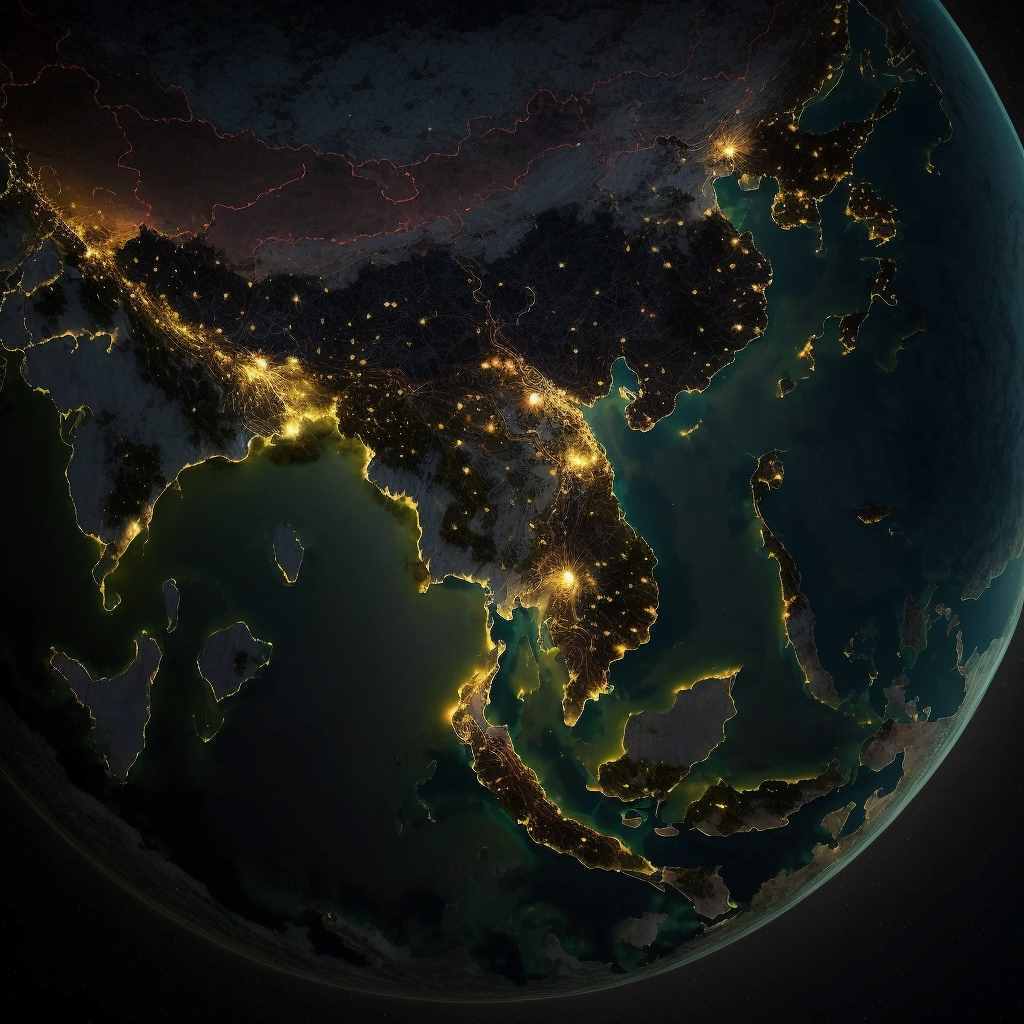Why China Chooses Russia, Iran, and North Korea Over the West
In recent years, China has increasingly aligned itself with Russia, Iran, and North Korea rather than with Western nations. This strategic pivot has significant implications for global politics and economics, particularly for businesses relying on Chinese manufacturing. This article explores the reasons behind China's geopolitical choices and what it means for the average consumer who depends on products made in China.
Reasons Behind China's Geopolitical Choices
1. Strategic Partnerships: China's alliances with Russia, Iran, and North Korea are driven by shared geopolitical interests and mutual opposition to Western influence. These countries support each other in various international forums and collaborate on strategic initiatives to counterbalance Western powers.
2. Energy and Resources: China relies heavily on Russia and Iran for energy resources. Russia is a major supplier of oil and natural gas to China, helping to secure its energy needs. Iran, despite facing international sanctions, provides China with oil and other resources, often at discounted rates.
3. Political Alignment: China, Russia, Iran, and North Korea share similar political systems characterized by centralized authority and limited political freedoms. This alignment fosters closer diplomatic and economic ties as these nations support each other's governance models and resist Western pressures for political reform.
4. Economic Sanctions and Isolation: Western sanctions on Russia, Iran, and North Korea have pushed these countries to seek alternative economic partnerships. China, with its vast market and economic clout, offers a crucial lifeline to these nations, providing them with economic opportunities and reducing their reliance on Western economies.
5. Military and Technological Cooperation: China collaborates with Russia and North Korea on military and technological advancements. Joint military exercises, arms sales, and technology transfers strengthen their defense capabilities and enhance their strategic positions globally.
Implications for Global Trade and Manufacturing
1. Supply Chain Disruptions: The geopolitical alignment of China with Russia, Iran, and North Korea can lead to disruptions in global supply chains. Sanctions and trade restrictions imposed by Western nations on these countries can indirectly affect China's manufacturing sector, causing delays and increased costs for businesses relying on Chinese products.
2. Increased Costs: Economic sanctions and political tensions can lead to increased production costs in China. For example, sanctions on Russian energy exports can raise the cost of energy in China, affecting the overall cost of manufacturing. These increased costs are often passed on to consumers, resulting in higher prices for goods.
3. Trade Barriers: Western countries may impose trade barriers or tariffs on Chinese goods in response to its alliances with Russia, Iran, and North Korea. This can lead to a reduction in the availability of Chinese products in Western markets, forcing consumers to seek alternatives, often at higher prices.
4. Quality and Compliance Risks: Closer ties with countries facing international sanctions may lead to quality and compliance risks for Chinese manufacturers. For example, the use of materials or technologies from sanctioned countries could result in substandard products or legal complications for businesses importing Chinese goods.
5. Market Uncertainty: Geopolitical tensions create an environment of uncertainty for global markets. Businesses and consumers relying on Chinese manufacturing may face unpredictability in terms of product availability, pricing, and delivery times. This uncertainty can disrupt business operations and affect consumer confidence.
How China Agent Ltd Can Help
At China Agent Ltd, we understand the complexities of global trade and the impact of geopolitical shifts on manufacturing and supply chains. We offer a range of services to help businesses navigate these challenges effectively:
1. Supply Chain Diversification: We assist businesses in diversifying their supply chains to reduce dependence on a single country or region. By identifying alternative suppliers and manufacturing hubs, we help mitigate risks associated with geopolitical tensions.
2. Regulatory Compliance: Our team provides guidance on regulatory compliance to ensure that your business adheres to international trade laws and avoids potential legal issues. We stay informed about the latest sanctions and trade restrictions to keep your operations compliant.
3. Risk Management: We offer comprehensive risk management strategies to address potential disruptions in supply chains. Our experts help you develop contingency plans and implement measures to ensure continuity in production and delivery.
4. Quality Assurance: China Agent Ltd ensures that your products meet the highest quality standards. We conduct thorough inspections and audits to verify the quality and compliance of materials and manufacturing processes.
5. Strategic Insights: Our in-depth market insights and analysis help you stay informed about geopolitical developments and their impact on your business. We provide strategic advice to help you make informed decisions and adapt to changing market conditions.
Conclusion
China's alignment with Russia, Iran, and North Korea over the West reflects a complex geopolitical strategy with significant implications for global trade and manufacturing. Businesses and consumers relying on Chinese products must navigate the challenges posed by this shift. At China Agent Ltd, we are committed to helping you manage these complexities and ensure your business remains resilient and competitive.




